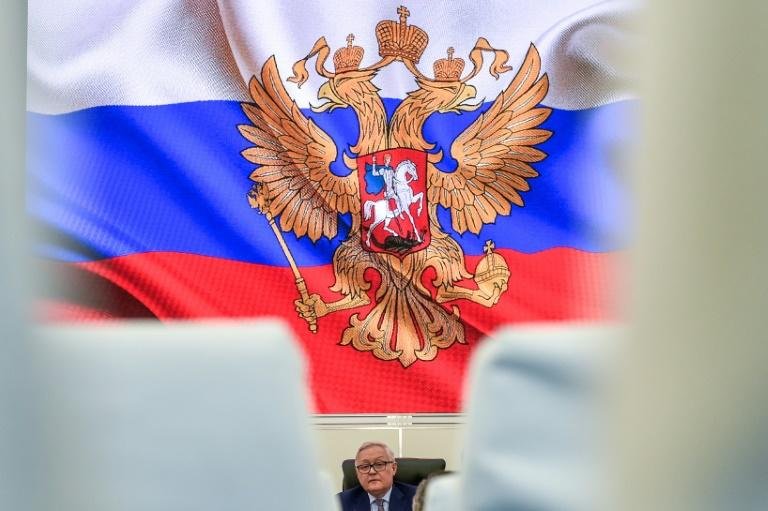Russia unveiled proposals on Friday to contain the US and NATO in the former Soviet Union and Eastern Europe, calling for urgent talks with Washington as it builds forces near Ukraine.
The US said it was ready to talk but stated up front that it disagreed with much of the far-reaching proposals, as it renewed threats of painful retaliation if Russia invaded Ukraine.
Russia released unfinished security documents, an unusual diplomatic move, calling on the US-led NATO alliance not to accept new members or establish bases in ex-Soviet countries.
Russia, according to Deputy Foreign Minister Sergei Ryabkov, is ready to hold security talks with the US as early as Saturday.
“We are ready to go for talks with the US in a third country immediately, even tomorrow — literally tomorrow, on Saturday,” he told reporters, mentioning Geneva as a possible location.
Jake Sullivan, President Joe Biden’s national security advisor, stated that the US was “fundamentally prepared for dialogue” and would work closely with European allies.
“Russia has now put its concerns about American and NATO activities on the table; we’re going to put our concerns about Russian activities that we believe harm our interests and values,” Sullivan said at the Council on Foreign Relations.
“That is the reciprocity foundation upon which you would pursue any kind of dialogue.”
Another US official told reporters that the US would respond “sometime next week” on a format for talks, and that Russia should be aware that parts of the proposal will be “unacceptable” to Washington.
Any further aggression against Ukraine will have massive, massive consequences and will come at a high cost, according to the official.
According to the West, Moscow has prepared 100,000 troops near Ukraine, which has been fighting a pro-Moscow insurgency in its east since 2014.
Sullivan stated that the US does not believe President Vladimir Putin, who has blamed NATO for the rise in tensions, has made a decision on whether or not to invade.
According to the Russian draught document addressed to NATO members, they should “commit themselves to refrain from further enlargement, including the accession of Ukraine and other states.”
It also demands that alliance members refrain from conducting military operations in Ukraine or other Eastern European, South Caucasus, and Central Asian countries.
According to the document, Moscow and NATO should limit missile deployment, establish an emergency phone hotline, and work to “prevent incidents” in the Baltics and the Black Sea.
The draught stated that Washington should prevent any former Soviet country from joining NATO, a reference to Ukraine and Georgia, both of which have enraged Moscow following Western tilts.
The US and European countries have kept the door open, but have also made it clear that Ukraine’s membership in NATO is not on the table, much to Kiev’s chagring
Russia stated in the draught that the US should agree not to establish military bases in ex-Soviet states, including Central Asia, which Moscow regards as its backyard and sphere of influence.
The US relied heavily on military bases in ex-Soviet Uzbekistan and Kyrgyzstan to coordinate operations in Afghanistan, where it recently withdrew troops after more than two decades.
According to political analyst Konstantin Kalachev, Russia’s list of demands is “unrealistic and impossible” for the US and NATO to meet.
These “spheres of influence” are no longer relevant.
US President Joe Biden met Putin in Geneva in June, and the two leaders agreed to seek more stable relations, but Western powers have also remained steadfast in their support for Ukraine in the midst of a war that has claimed 13,000 lives since 2014.
If an offensive is launched, Biden has warned Putin that he will face “sanctions like he’s never seen.”
In a phone call with Ukrainian President Volodymyr Zelensky on Friday, British Prime Minister Boris Johnson vowed to use all “diplomatic and economic powers” to deter any Russian aggression.
Washington assists in the training of Ukrainian forces and has committed more than $2.5 billion to rebuilding a military that crumbled in the aftermath of Russia’s annexation of the Ukrainian peninsula of Crimea in 2014.
